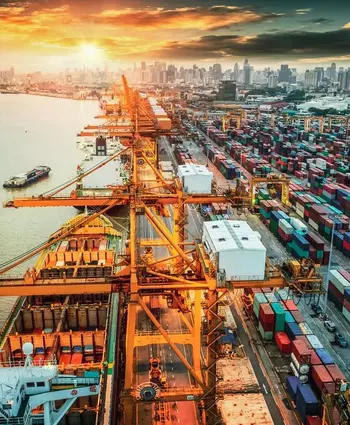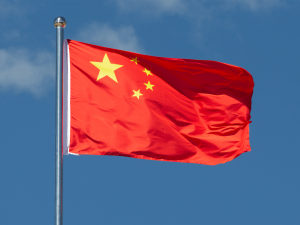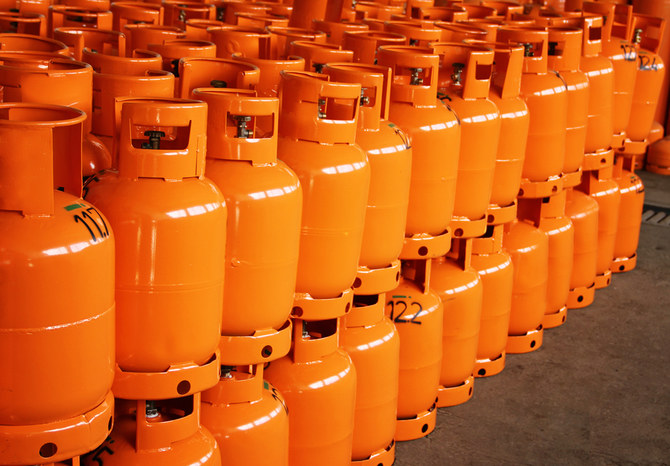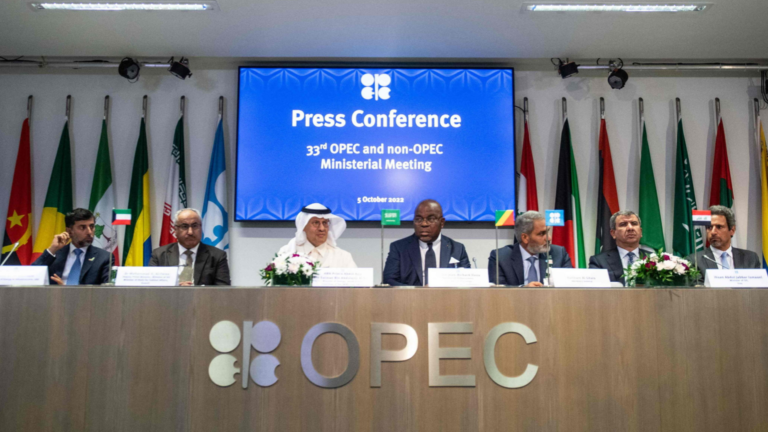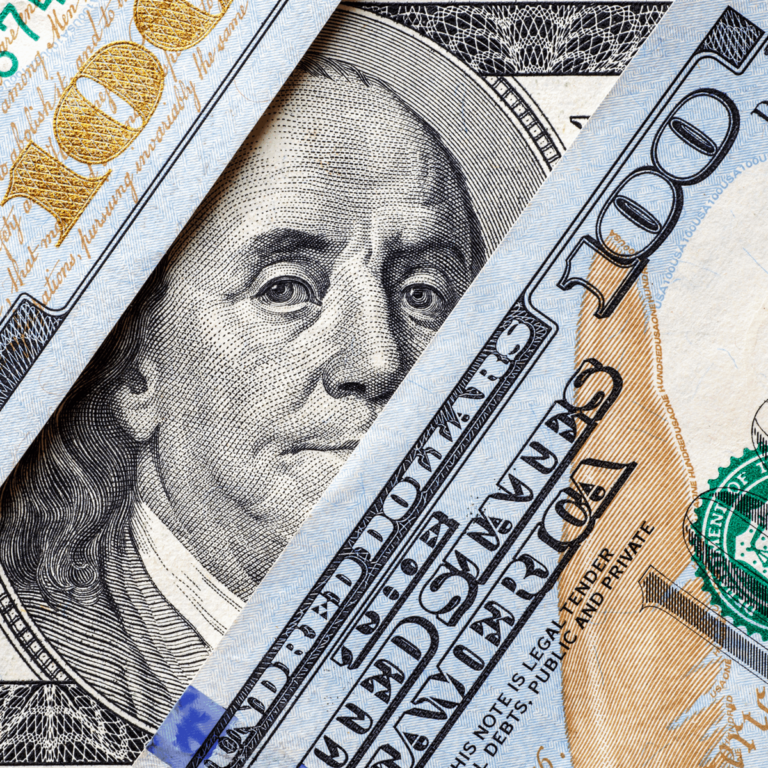There’s no need for additional oil output cuts beyond what key producers have already agreed, as the global crude market has achieved balance, Interfax reported, citing Russian Deputy Prime Minister Alexander Novak.
“We took this decision only a month ago, and it will come in force from May for the countries that joined the cuts voluntarily,” Novak said in Moscow, referring to OPEC+ curbs, according to the news agency. The voluntary output reductions will be supportive for the market in case of an imbalance, he added.
Russia and its partners in the Organization of Petroleum Exporting Countries plan to hold their next meeting at the beginning of June to discuss the market situation. Some key members of the OPEC+ alliance announced surprise cuts of more than 1 million barrels a day earlier this month, amid concerns of an oversupply. Those curbs came on top of an extension of Russia’s pledge to reduce output by 500,000 barrels a day.
In just under a month since the announcement, global oil prices have slumped, supporting the alliance’s concerns. Futures have erased all gains driven by the cuts amid slower than expected economic recovery in China. This has raised questions over whether OPEC+ would see the need to step in once again, announcing even deeper output curbs at the June meeting.
Russia’s own crude production in April has already dropped, as pledged, by 500,000 barrels per day, Novak said, without providing details. Russian output cuts are happening amid lower refinery runs due to seasonal downstream maintenance, he said, according to Interfax.
However, oil throughput at the nation’s refineries has declined only slightly, according to latest industry figures seen by Bloomberg. The nation’s crude oil exports are also robust, tanker-tracking data show, raising questions over what is driving the pledged cuts.
Russia classified its oil statistics last year due to their “sensitive” nature, making it difficult to assess the implementation of supply cuts beyond the assurances of energy officials.
The nation’s total crude oil and condensate output is set to drop 20 million tons this year to 515 million tons, equivalent to 10.34 million barrels a day, according to Novak.
Russia plans to redirect some 140 million tons of crude oil and petroleum-product exports from Europe to Asia this year amid price caps and import bans, Novak said, according to Interfax. As a result, the top Russian energy official expects the nation’s oil and fuel supplies to western markets at around just 80-90 million tons in 2023.
The European Union has banned nearly all crude oil and petroleum product imports from Russia in retaliation to the war in Ukraine, forcing the nation’s producers to find new markets for their supplies. In partnership with the Group of Seven industrialized nations, the EU also imposed price caps on Russian fuel exports to third countries, aiming to limit the Kremlin’s energy revenues.

